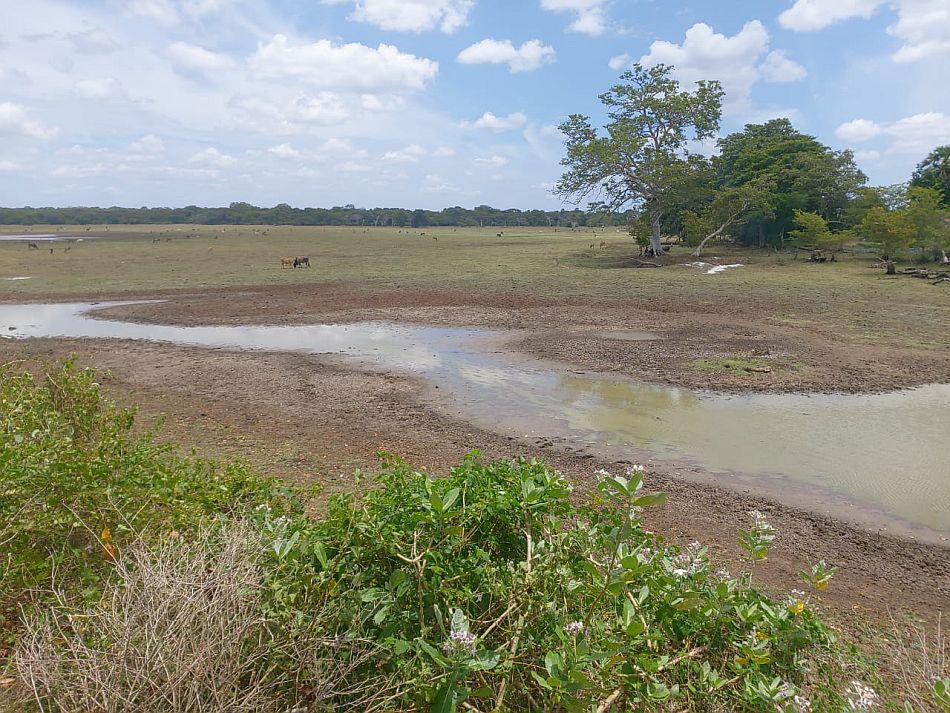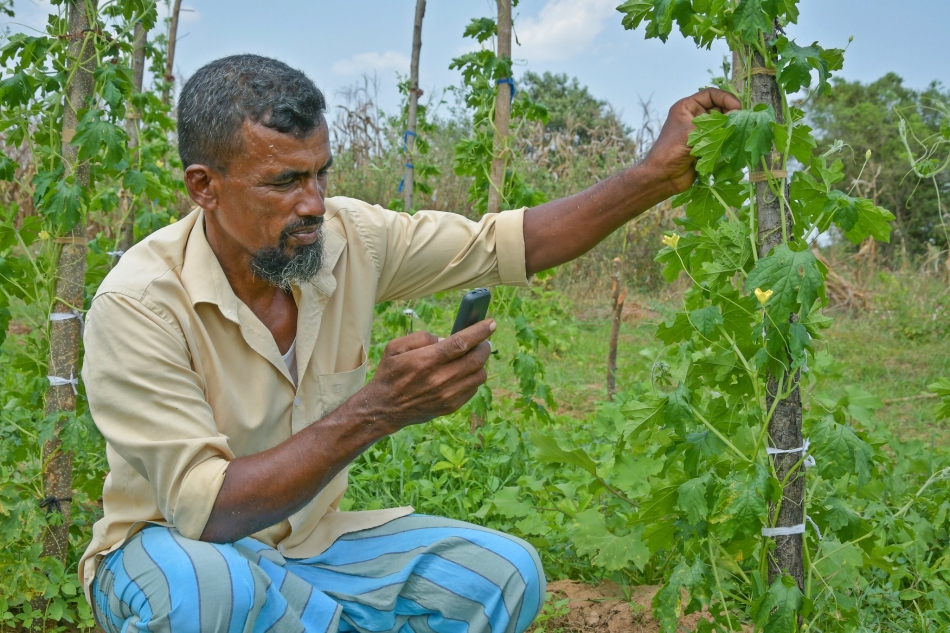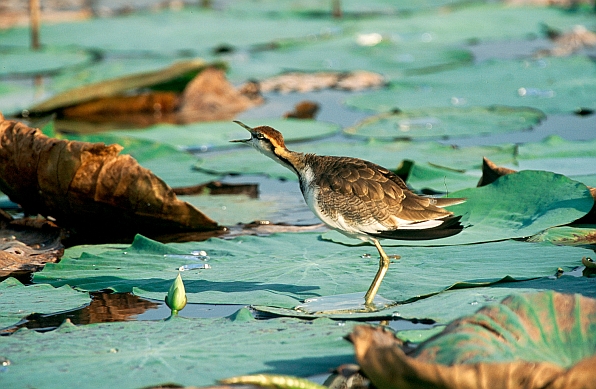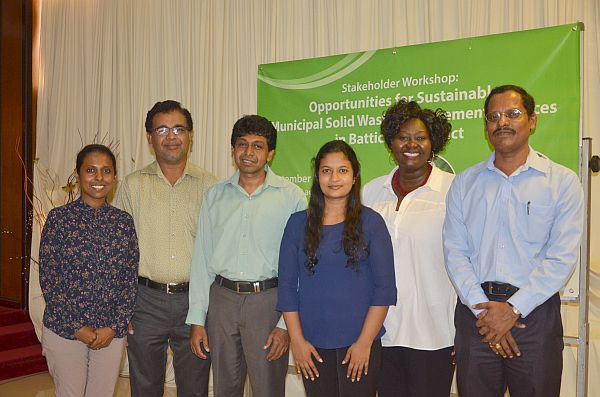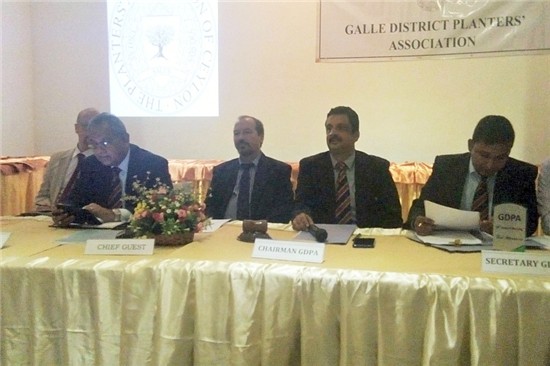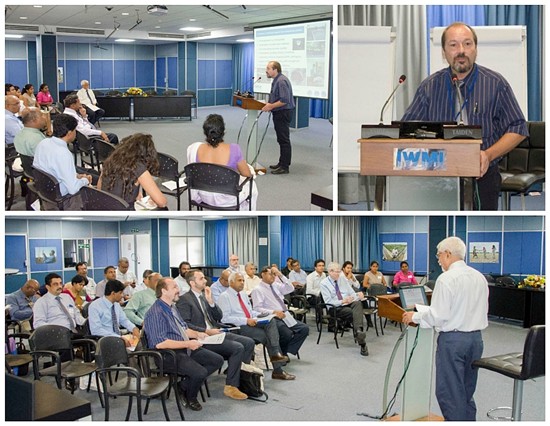IWMI is supporting selected municipal composting plants in Sri Lanka to improve their business plans and linking up with customers. Many plants have been supported by the Pilisaru project, a government initiative aiming to reduce the waste burden by composting the organic fraction of municipal solid waste. With the production set up, the marketing of compost to farmers remains largely underexplored.
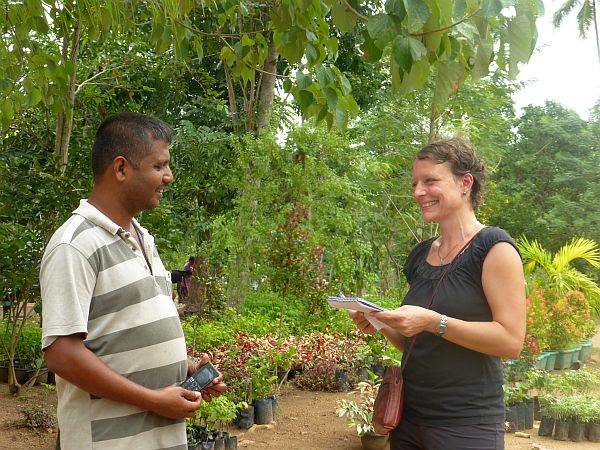
Katharina Felgenhauer, public-private partnerships expert at IWMI West Africa, and Ganesha Madurangi, Research Consultant at IWMI HQ, visited three composting sites at Balangoda, Batticaloa and Kurunegala. They gathered on-site information to assess the institutional environment for the compost value chains and identify gaps, e.g. in market linkages. The team interviewed various stakeholders, including local government, plant managers and waste management professionals, farmers, private sector, the Ministry of Agriculture and the Central Environment Authority.
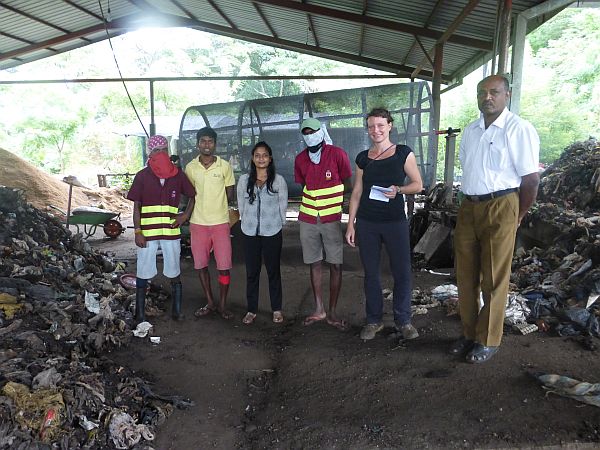
Initial ideas to improve business for these compost plants include full cost-benefit analysis of composting operations, targeted product marketing, improved quality management and control, and innovative incentive structures for actors along the value chain. Opportunities and limitations of private sector involvement for increased market-orientation and efficiency of operations will be assessed. IWMI will continue to work in these areas during the upcoming months under the BMZ-funded project: Research and capacity building for inter-sectoral private sector engagement for soil rehabilitation.


